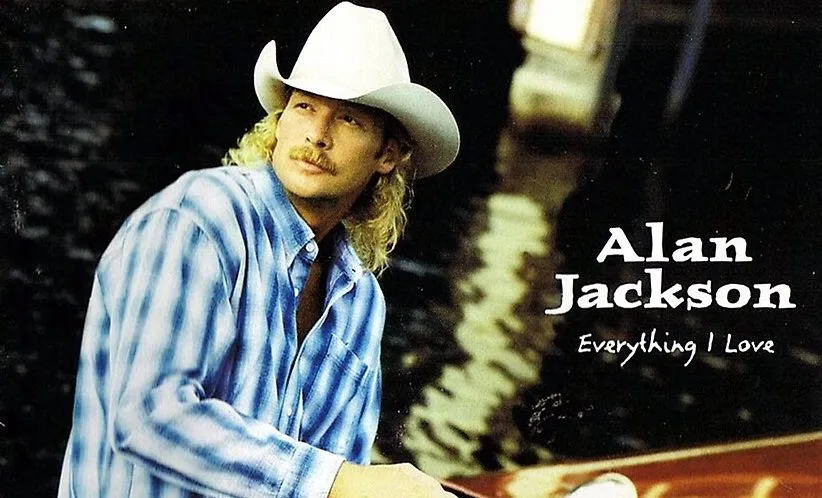
Finding Freedom in the Simple Things We Take for Granted
When Alan Jackson released “Little Bitty” in October 1996 as the lead single from his album Everything I Love, it quickly resonated with a nation hungry for warmth and simplicity. The song ascended to No. 1 on the Billboard Hot Country Singles & Tracks chart, becoming one of Jackson’s many chart-topping hits that decade. Written by Tom T. Hall, a master of concise storytelling, and delivered through Jackson’s signature Southern drawl, “Little Bitty” is a jubilant celebration of modest living—an anthem to the contentment that can be found in life’s overlooked corners.
In the pantheon of country music, where grand narratives often span heartbreak, honky-tonks, and high-stakes emotion, “Little Bitty” stands apart through its embrace of life’s minutiae. Jackson’s interpretation elevates the everyday to something sacred: a little house, a little car, a little job, and even a little baby. There’s genius in this brevity. It taps into an emotional clarity that evokes a pastoral Americana—an unpretentious ethos handed down through generations that measures wealth not in possessions but in peace.
The song’s lyrical architecture is deceptively simple: each verse is built on a series of small things—a rhetorical cascade that reinforces the central thesis. The refrain “it’s alright to be little bitty” becomes more than a mantra; it’s a cultural assertion against excess and noise. In an era increasingly swept up in the digital rush of the late ’90s, Jackson delivered an acoustic rebuttal grounded in front porch wisdom and fiddle-backed sincerity.
Musically, “Little Bitty” is brisk and buoyant, running just over two minutes—a choice that mirrors its thematic core. The upbeat tempo and major-key melody feel like sunshine filtered through gingham curtains. There are no indulgent solos or vocal theatrics here; Jackson lets the lyrics do their work with clean phrasing and just enough twang to keep things rooted. The instrumentation—a nimble dance between guitar, fiddle, and brushed drums—serves as a reminder that country music need not be grandiose to be profound.
Though it may lack the emotional gravity of some of Jackson’s more somber ballads like “Where Were You (When the World Stopped Turning)”, “Little Bitty” offers another kind of emotional sustenance: joy without pretense. Its message has aged well—perhaps even grown more relevant—as modern life becomes increasingly complex and demanding. In its cheerful defiance against overcomplication, “Little Bitty” emerges not as slight or inconsequential but as a philosophical stance carved into melody.
In the hands of another performer, it might have felt novelty. But Jackson—ever the dignified everyman—grounds it with authenticity. He doesn’t just sing about small-town life; he inhabits it with each note. That’s what makes “Little Bitty” endure: it reminds us that fulfillment isn’t found in having more—but in appreciating less.